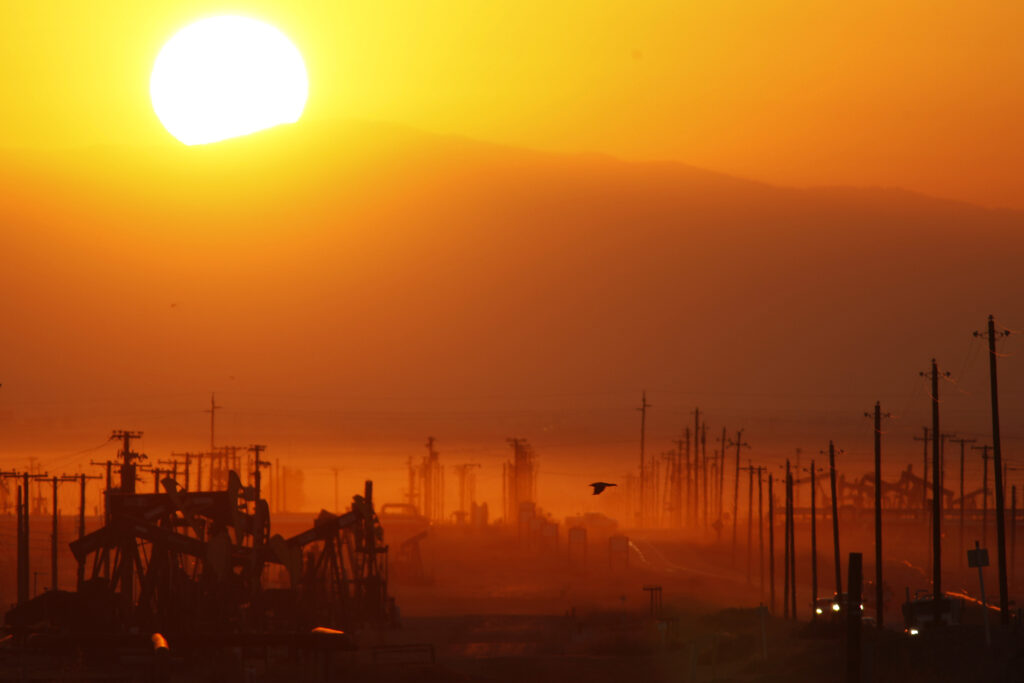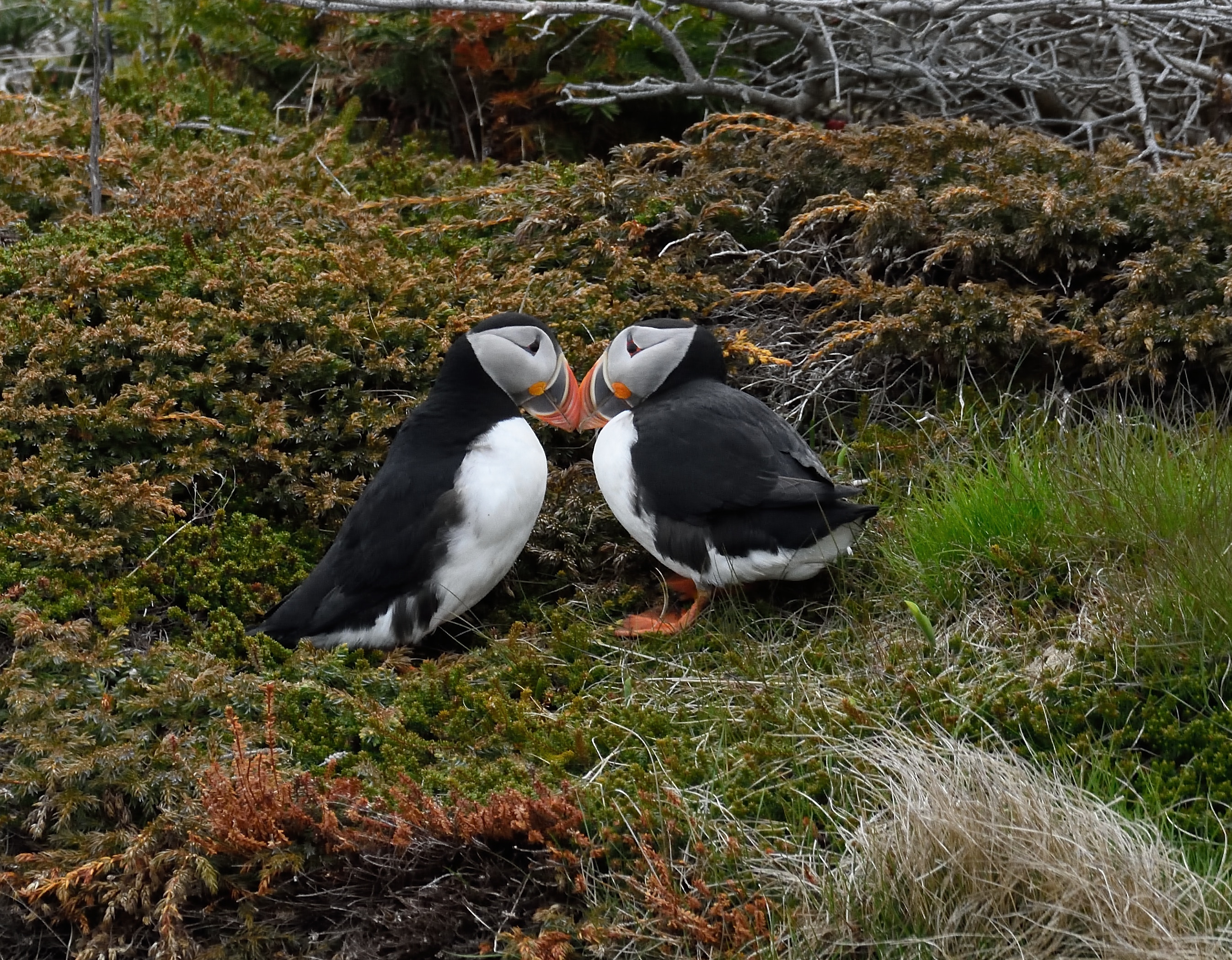A weekly newsletter for Pacific Standard Premium members.

Your Five Essential Reads
A rundown of five of our most important and timely stories from the past week.
- “Those of us who heard about it thought it was outright extortion, but we kept our mouths shut because we felt terrible for Dave Frohnmayer and understood what he was going through. It was like there was a loaded gun pointed at his child’s head.” Joshua Hunt investigated the brutal, secret history of how Nike Chief Executive Officer Phil Knight crushed an anti-sweatshop movement at the University of Oregon and sealed the company’s influence at the school by using funding for a rare disease as a negotiating tool. Read Hunt’s investigation here.
- After a months-long public records scuffle with the Utah government, contributing writer Jimmy Tobias obtained an internal document offering insights into the full scope of the state’s public lands agenda. The document shows how far Utah has gone in its efforts to roll back key protections for public lands across the country. Read Tobias’ story here.
- A recent Supreme Court decision that requires proof of residential address in order to vote is threatening to turn many indigenous people away from the polls. But, as contributing writer Massoud Hayoun reports, Native American voting rights advocates in North Dakota are scrambling to ensure that tribal nations in the state will be able to cast a ballot in the mid-term elections next month. Read Hayoun’s story here.
- “Anti-black racism is always terrible for black people. So it is a bit rich for white Canadians to congratulate themselves on inhabiting a space that is less racist.” Brian J. Barth profiled journalist-turned-activist Desmond Cole, who is at the center of Canada’s burgeoning black resistance movement. Read Barth’s profile of Cole here.
- David Leffler went to the Texas–Mexico border where the proposed border wall is set to bisect federal lands and family properties that have been passed down for generations. Leffler spent time with Rey Anzaldua and Fred Cavazos, both direct descendants of some of the Rio Grande Valley’s most prominent landowners. THeir family land is under threat due to President Donald Trump’s proposed wall. Read Leffler’s story here.

Dispatches: Santa Barbarans Rally Against Efforts to Expand Fracking in California
Last week, environmental groups, local elected officials, and community members gathered at the Santa Barbara Courthouse for a midday rally against the Trump administration’s efforts to open up federal land in the state to drilling and fracking.
The Bureau of Land Management has not sold any leases for new oil and gas exploration on federal land in California since 2013, but, this summer, the agency took the first step to open as much as 1.6 million acres to bids from the oil industry. On August 8, the BLM published a notice on the Federal Register announcing a 30-day comment period on its plan to study the environmental and public-health impacts that could arise from fracking on public lands in the state—including some 122,000 acres of federal land and mineral estate in Santa Barbara County.
“I’m calling on our community to join me in sending a strong message to this administration and to Secretary Zinke—who has roots in this community—that our community does not want our public land opened up to new oil drilling or fracking for the enrichment of corporations,” Congressman Salud Carbajal said from a podium in the shade of the courthouse arch to a crowd standing in the Sunken Gardens. “Lets tell them that our community’s public health and natural resources are not for sale.”
Citing the recent report from the United Nations’ top climate science panel, which found we have just a dozen years left to reduce emissions and prevent catastrophic climate change, Carbajal said, “We need to lessen our consumption of carbon fuels now, not continue down this path of new oil development.”
“We cannot afford to ignore the reality of climate change any longer, or the impacts our communities are experiencing,” he added, including sea level rise, year-round fire season, drought, and extreme temperatures.
“It’s disheartening that this administration relishes its ignorance about the need to address global warming,” County Supervisor Joan Hartmann said.
But officials’ concerns with the BLM’s plan extended beyond the environmental or climate impacts of ramping up oil operations in California, to what community leaders characterized as a “stealth effort” by the Trump administration to begin the environmental assessment of fracking on public lands with little public scrutiny.
Los Padres ForestWatch, a conservation non-profit, criticized the BLM for failing to release its data showing which parcels of land could be opened to drilling and fracking. When the agency finally did release its mapping data—halfway through the public comment period—ForestWatch had to use technical mapping software to transform the raw data into a map the public could use.
One 40-acre parcel in Santa Barbara County for which the federal government owns the subsurface mineral rights sits next to both the Los Padres National Forest and the Cate School, a boarding high school in Carpinteria.
“The Carpinteria parcel the BLM has proposed for energy exploration is a half-mile from our property and is adjacent to a trail our students use on a regular basis to access a wilderness camp we maintain in the back country,” Hallie Greene, the director of strategic planning at the school. “Despite this project having significant impacts on our community, we learned of the public comment opportunity not through the federal government or the BLM, but through ForestWatch, and we’re concerned this initiative is being moved along without truly alerting the public.”
Greene’s concerns were echoed by local elected officials and landowners. “Normally as a courtesy one government entity notifies another about actions of broad public interest that will occur in the other’s jurisdiction,” Hartman said, “but we discovered this proposal only because of the vigilance of Los Padres ForestWatch.”
CJ Jackson, whose family has owned the Alisal Ranch in the Santa Ynez Valley for decades, said that he was not there to “render a judgment on oil drilling or our methods of extraction,” but rather as a property owner whose land abuts two potential lease sites. “I believe wholeheartedly that property owners should not have to peruse the Federal Register to find out what’s going on next door,” he said to cheers from the crowd.
—Kate Wheeling, Staff Writer

PS Picks
PS Picks is a selection of the best things that the magazine’s staff and contributors are reading, watching, or otherwise paying attention to in the worlds of art, politics, and culture.
The Endless Complexity of r/relationships: Relationship advice. Not necessarily for yourself or your loved ones—just reading about other people getting advice on their relationships. I was first introduced to one of the better Reddit forums, r/relationships, through Twitter summaries of the craziest threads, but I found myself returning often, even when there were only mundane questions about infidelity or how to convince a friend she’s making a poor choice. This impulse was mildly surprising to me, though I’ve never been one for reality television or even romantic dramas. In hindsight, it shouldn’t have shocked me (I started reading the local paper at age 12 to get the day’s newest Dear Abby).
Why? Well, the threads on r/relationships are just fun, obviously. Often, they’re absurd, especially posters who refuse to listen to the sensible advice they’re given over and over again. They’re morality plays on a grand scheme, with clear heroes and villains, even if sometimes the heroes are the advice-givers and the villains are everyone described in the scenario. But they can be illuminating and even instructive: even though the posts are obviously slanted, casting everyone as black-and-white versions of themselves instead of fully realized humans with nuances, they also speak to the endless complexity of love and relationships. I might close one tab cackling, then feel a thrill of recognition in my chest while reading the next. They help me to not feel so alone—just like the original posters who come to the forum for advice. We are social creatures. We all just want to be seen and to be loved.
Most importantly, browsing r/relationships is a great tool for reminding yourself three things: First, you deserve to be treated well by the people you allow in your life, no matter how you’re related (or not) to them. Second, no matter how badly things are going or how terribly you mess up in a relationship, someone out there probably has it worse. Finally, life goes on. Most mistakes can be forgiven with honesty of time, and even if you do lose a relationship you care about deeply, you can learn from it and find someone new to love. The act of writing to a stranger for help with an emotional problem doesn’t appeal to me, but, every day, I am so glad people do.
—Emma Sarappo, Editorial Intern
PS in the News
A look at where our stories and staff surface in the national conversation.
- Contributing writer Jimmy Tobias’ investigation into Utah’s anti-public lands agenda was shared by the Center for Western Priorities and the Southern Utah Wilderness Alliance.
- Lit Hub included Brandon Tensley’s review of Joseph Crespino’s biography of Atticus Finch in it’s weekly must reads round-up.
- Editorial fellow Jack Herrera’s story about how President Donald Trump’s immigration policies are provoking insecurity at the U.S.–Mexico Border was included in Politico’s Morning Shift round-up.
The Conversation
Of Course Public Confidence in Higher Education Is Down (October 12th, 2018)
- The high cost of college is more likely related to the decline in state and federal funding than it is on diversity of academic programs. The move to recreate academia in the corporate mold, with layers and layers of administrators, hasn’t helped either. —Renuncia Cupelluni
The Secret Betrayal That Sealed Nike’s Special Influence Over the University of Oregon (October 18th, 2018)
- One of the nation’s wealthiest men positions his company further by supporting his alma matters (he’s given ~half a billion to Stanford as well). Color me unsurprised. This reads like a hit piece. Maybe I’m just biased having watched all of it happen from down the street and personally benefited from it (Oregon alum myself). —dstanton
- Explosive excerpt from new book shows just how much influence Nike founder Phil Knight has over U. of Oregon. Well-timed given the big $ Knight’s now sinking into the Oregon governor’s race. —MichelleRafter
If you have any thoughts about this newsletter or our work—what you like/didn’t like/want to see more of—you can reach us at premium@psmag.com. If you’re not already, become a premium member by following the button below. As we continue to build out the benefits of a premium membership to Pacific Standard, we want to hear what would be most valuable to you.





